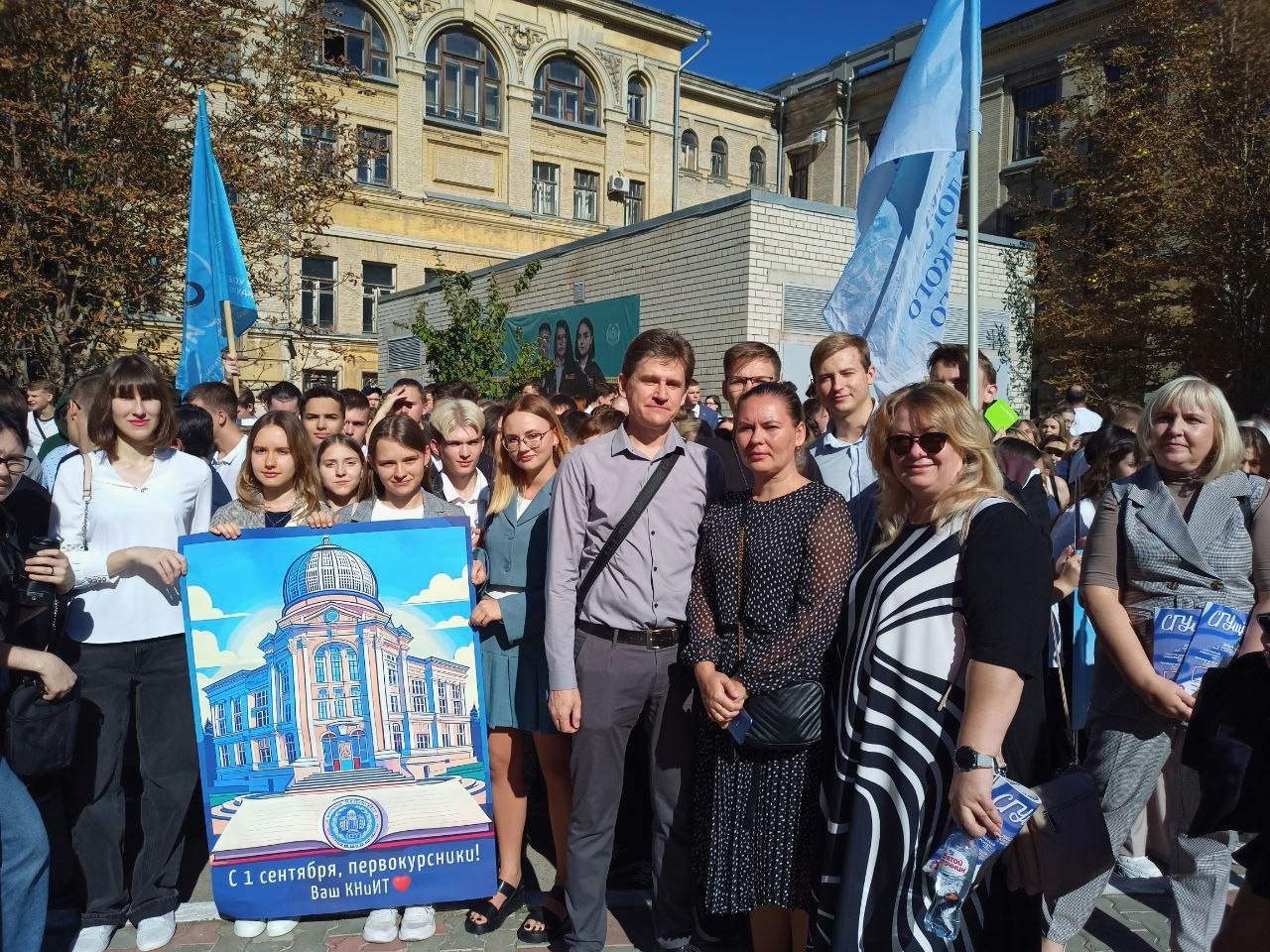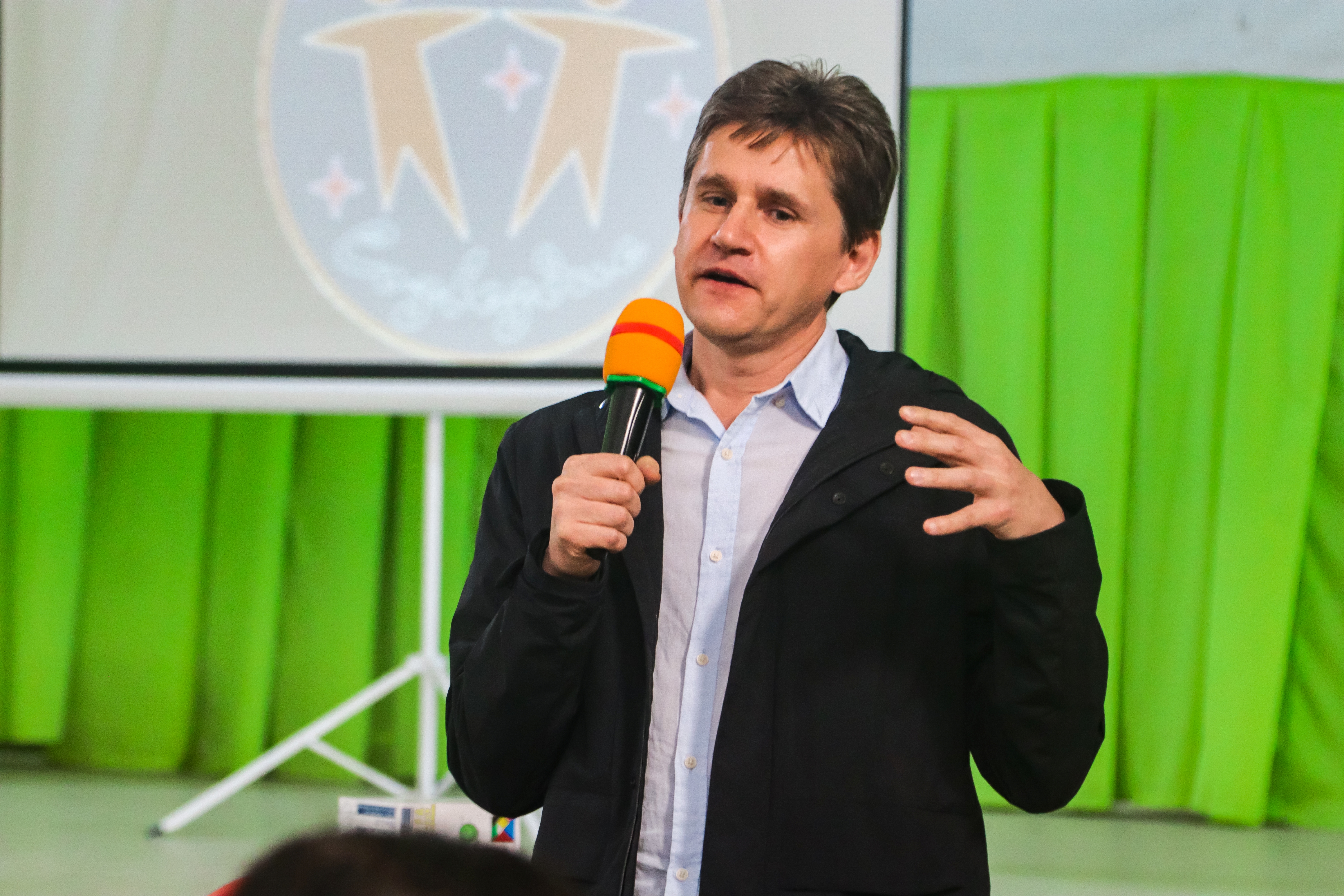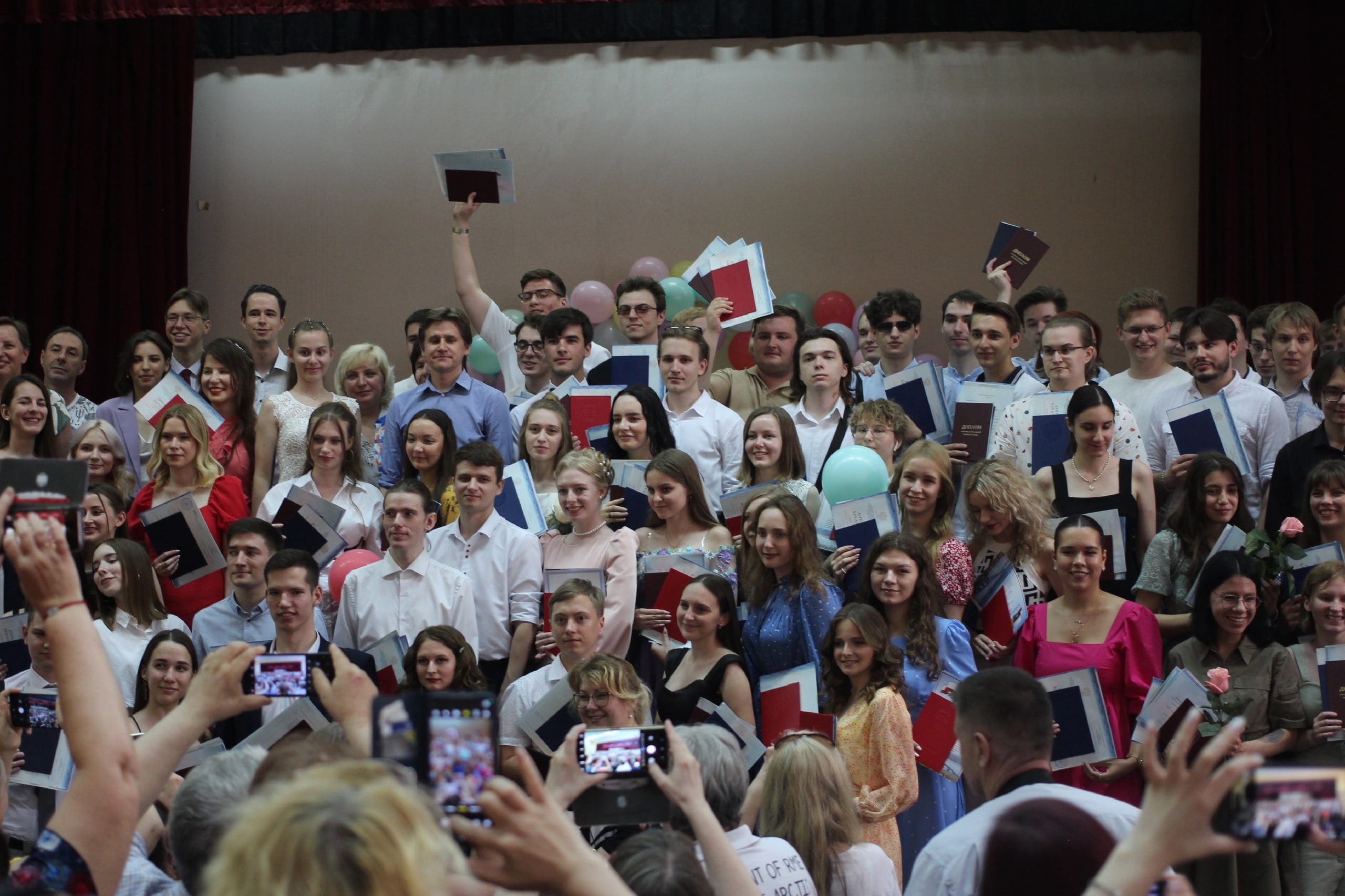Programmers Day became an official professional holiday in 2009. Today, there is hardly a profession that attracts so much attention. The holiday is celebrated on September 13, and not by chance at all: programmers count 256 days from the beginning of the year. What kind of "trick" is this? We decided to find out this and something else from the dean of the Faculty of Computer Sciences and Information Technologies, SSU, PhD in Physics and Mathematics Sergei Mironov.

— Sergey Vladimirovich, is this some kind of sacred number for "people of numbers"?
— The 256th day of the year really has a certain meaning for programmers. The fact is that the basic unit of measurement of information and data volume in computer systems is bytes. A byte can contain one of 256 different values. Therefore, the number 256, while not being sacred in a religious or mystical sense, has a symbolic meaning in the world of information technology. To some extent, this is a "sacred" number, equal to 2 in the maximum 8th degree. But there are colleagues who celebrate their professional holiday on both the 128th and 64th day of the year - days that are somehow set by the degree of two.
— There are no holidays without traditions. Do you have them in your department?
— The holiday is young, informal traditions are just being laid. Perhaps we will coincide with this day the most popular events held by the student council. For example, everyone's favorite "Good morning happens!". On such a day, those who are not late for the first couple get buns.
— This year, the most popular program among applicants was "Software Engineering", with a passing score of 268. Do you still see an explosive growth in the interest of young people in IT areas?
— Yes, this is the highest passing score at the university among the faculties of natural sciences. Our graduates do not stay out of work. Many are in great demand from employers already during their studies. There is a large shortage of such personnel on the market. And not only programmers, but also specialists in the field of administration, support, and software testing. A good IT specialist is an employee with a high salary. Of course, all this attracts both applicants and their parents. Hence the interest in our faculty.
We try to adapt our students to specific conditions so that everyone has the opportunity to choose their own IT field. There are a lot of different directions in our profession, you can find yourself in each one. What's far to go: computer science teachers, whom we also train, are very scarce specialists.
— Which IT areas are in particular demand today?
— There is a high demand in the market for all areas: creation, promotion, development and support of the product. Therefore, it is more appropriate to talk about the more "fashionable" ones. Now these are areas related to software development in the field of artificial intelligence and machine learning, in the field of cybersecurity, as well as related to cloud technologies.
At the Faculty of KNiIT, we train software developers of a wide profile. Since this year, a profile dedicated to software development in the field of artificial intelligence has been added. The first set of students who started studying in the profile "Big Data and machine learning" within the framework of the direction "Mathematical support and administration of information systems" took place. We traditionally train system engineers, computer security specialists and computer science educators.
— Although the faculty of KNiIT is relatively young, training in the field of programming at Saratov University has been conducted for quite a long time. When and how did it start? Whose names have made your faculty iconic and famous?
— In 1957, by order of the Ministry of Higher Education of the USSR, the first computing center in the Volga region was established at SSU. His tasks included conducting research in the field of computational mathematics and engineering, developing and developing computational methods and programs for solving scientific and engineering problems, helping enterprises in the region to implement computers and work on them. Actually, his education was the starting point in the issue of training specialists in the field of information technology in the region.
One of the organizers of the SSU Computing Center was Doctor of Technical Sciences, Professor Anatoly Mikhailovich Bogomolov. It was he who was the first to use computers for research in the field of theoretical physics and was the first university teacher who began to teach a general programming course. On his initiative, the Department of Mathematical Cybernetics was opened at SSU, which he headed until his sudden death in 1994. As the rector of SSU, he hatched the idea of creating a separate faculty that trains specialists in the field of computer science. Anatoly Mikhailovich did not manage to realize his dream, but his students and followers brought it to life by taking an active part in the organization of the KNiIT faculty in 2000 and in its further development.
I was lucky: I also studied with him, specialized in the Department of Mathematical Cybernetics, and attended his course on artificial intelligence.
His idea was realized by Dmitry Vasilyevich Speransky, Vladimir Alexandrovich Tverdokhlebov, Vyacheslav Nikolaevich Saliy, Alexander Alexandrovich Sytnik. Natalia Lvovna Andreeva, together with Antonina Gavrilovna Fedorova, began holding computer science Olympiads among schoolchildren in 1987, became the organizers of the summer school "Constellation" for computer scientists and mathematicians, in the 1990s organized circles for students of SSU in programming, which later resulted in the organization of the Center for Olympiad Training of Programmers. Its creation was a great achievement in the training of our university programmers. From some point on, the center became associated with the KNIT faculty, saying that the faculty trains world champions in programming. They found out about us not only in Russia, but also in many other countries.
Mikhail Rasikhovich Mirzayanov, a student of the first year of our faculty, who for a long time was the head of the center, coach of the SSU teams, including the world champions team, played a major role in the development of the Center for Olympiad Training of Programmers, and with it the entire faculty, he also created a portal for the training and training of Codeforces sports programmers, which he now uses the whole world.
Read more about the Programmers Olympiad Training Centre in the article 20th Anniversary of Programmers Olympiad Training Centre: Programming Success

— Sergey Vladimirovich, you graduated from the Faculty of Mechanics and Mathematics of SSU. And when and in connection with what were you tempted by computer science?
— I was tempted while still studying at the Rtischev school. I am from the first generation of students who have computer science in the school curriculum. And it was love at first sight. This justified the choice of the Faculty of Mechanics and Mathematics of SSU. My great luck is that I found myself on fertile ground — at the Department of Mathematical Cybernetics, which I head today.
— There is a perception that programmers have already become a kind of special caste, unlike ordinary people. Can you name a few of the most obvious signs of a specialist programmer?
— One of the signs is curiosity. Technologies and programming languages are constantly changing and evolving. Programmers should be ready to study all the time and follow the latest trends in the field of information technology.
But the key feature, in my opinion, is the desire for optimization. Programmers are constantly striving to create effective code and optimize processes. This may be expressed in an effort to minimize the use of resources or to increase the productivity of programs. Very often, the desire for optimization goes beyond programming and concerns all aspects of human life, where an analytical approach and automation can be applied. So we are always looking for effective software code, whether it's work or life.
According to my observations, programmers are people who have 25 or even all 48 hours in a day. That's why they do everything in time!

Graduation party at the Faculty of Computer Sciences and Information Technologies (2023)
Text by Tamara Korneva
Translated by Lyudmila Yefremova







